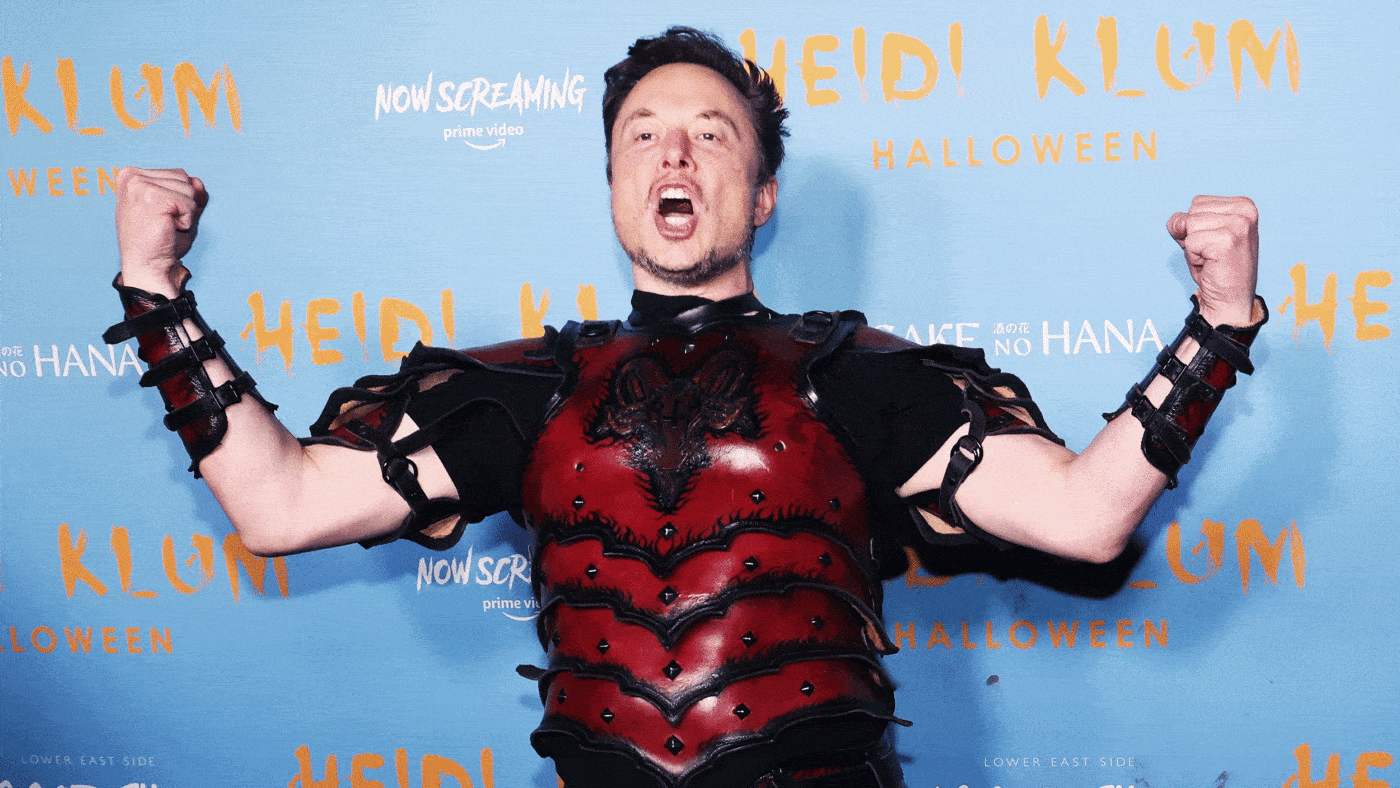At last, after around 270 days, Elon Musk has Twitter in his hands – but there is very good reason to doubt he’s happy about it. Having seemingly attempted to wrangle the price down to $31bn due to concerns that emerged during the acquisition, Musk nonetheless ended up paying the original price of $43bn, and that on top of a market-wide fall in the stock market (the tech-heavy NASDAQ index fell around 20% throughout the acquisition). He has ended up paying significantly over the odds, possibly by little shy of $20bn, and had to sell off billions of dollars in Tesla shares to finance the purchase to boot.
Mainstream commentary has, however, focused primarily upon his mission to let free speech reign once again in the digital ‘public square’. Yet it is important to consider how arduous and costly the acquisition of Twitter has been and keep that in mind when assessing the reforms Musk plans for the platform.
His ideas are not all bad. There’s no doubt Twitter had become too quick to ban contentious commentators, and confidence in the platform seemed to have fallen for certain audiences. However, Musk’s latest proposals should be received with great caution. In a short thread on 1 November, Musk said Twitter Blue subscribers (the oft-forgotten subscription model) would pay the equivalent of $8 a month for verification and the cherished blue checkmark, gain priority in replies, mentions and searches, the ability to post longer videos and audio and half as many advertisements (only half?).
This is presented as a great peasants’ revolt: ‘Twitter’s current lords & peasants system for who has or doesn’t have a blue checkmark is bullshit. Power to the people!’. All hail Elon Hood as he switches out the drawbridge for a… toll bridge.
This begs the question, what will be the practical effect of these reforms? For you, should you choose to pay (and I fully respect Musk’s desire to balance Twitter’s books and recoup his losses), you will clearly get a better experience. Yet how much better? Firstly, verified status will carry nothing like the cachet it once did. If everyone is special, no-one is special. Will some, happy on their high horse, neglect the platform when they aren’t so prominent? Perhaps, but that is not my core concern.
What does concern me is what will happen to those who do not choose to pay – the lurkers, merely present to like and retweet? In the worst-case scenario perhaps the number of advertisements will increase. Not the end of the world. For the common mid-Twits like myself with a few hundred followers, we shall have to cough up or shut up. But what about those who, for valid personal or professional reasons, have to stay anonymous?
At present, anonymity has few downsides, placed as you are on an equal footing with all who are not verified, which is most users. This means that quality anonymous accounts have the same ability to grow their audiences and gain impressions, a reasonably meritocratic system. In contrast, once accounts gain prominence having paid the toll, the quality of the tweets that rise to the top may decline. This is not something Twitter up to now has been innocent of either, and is the reason why ‘Top Tweets’ replacing ‘Latest Tweets’ was controversial in the past.
It may be the case that few people sign up for paid verification, but in all likelihood as more sign up over time, the incentives for mid-Twits to join them will increase. The more verified users there are, the tougher Twitter life for the anonymous will become. Accounts who previously preferred anonymity will in turn be encouraged to identify themselves and ultimately end up self-censoring whatever they do post. This could see daring ideas unshared and ironically harm the free speech which Musk supposedly hopes to champion. Many dissidents will simply not gain traction and the uncontentious will rule.
Certainly, there are countless examples of users who like nothing better than to troll, threaten and bully, and I have nothing but disdain for them. It will also reduce the prominence of bots. However, unpleasant individuals are an unfortunate by-product of life. They cannot be avoided outside of the digital realm.
It is clear then that Musk’s proposed reforms could have significant negative effects, tarnishing Twitter and leaving it a far less interesting place. If Musk is not careful, his rush to recoup his losses could leave him even more out of pocket.
Click here to subscribe to our daily briefing – the best pieces from CapX and across the web.
CapX depends on the generosity of its readers. If you value what we do, please consider making a donation.


